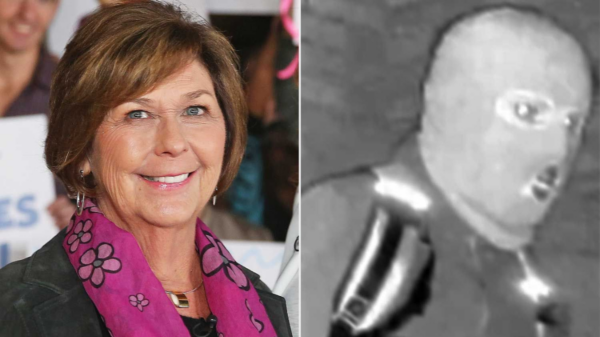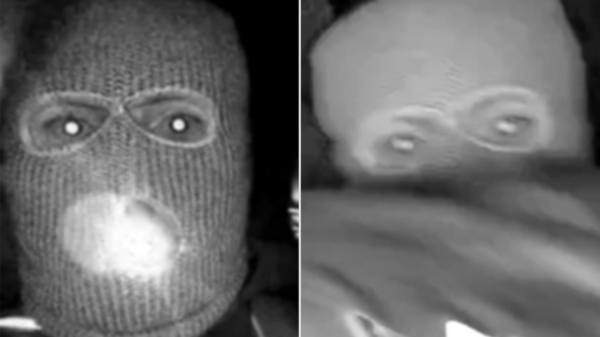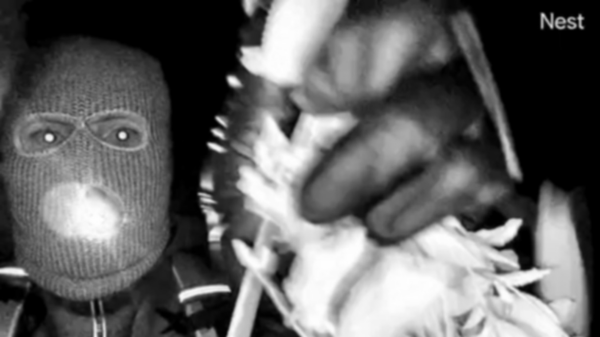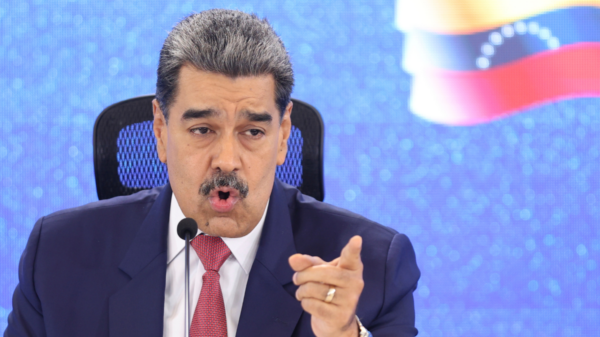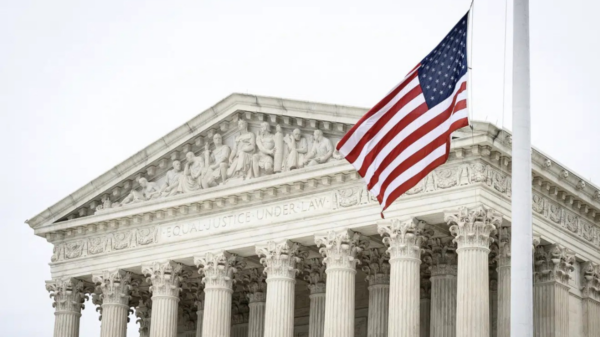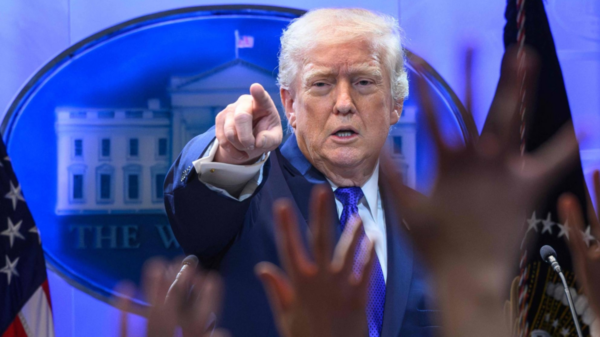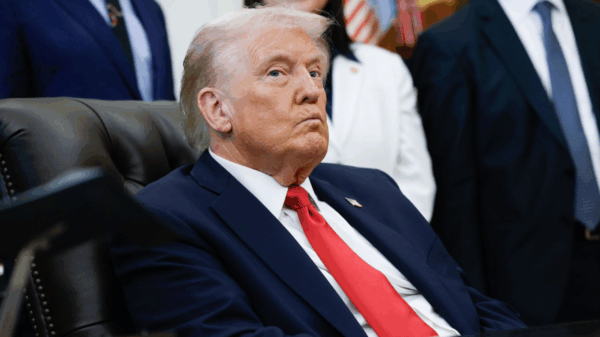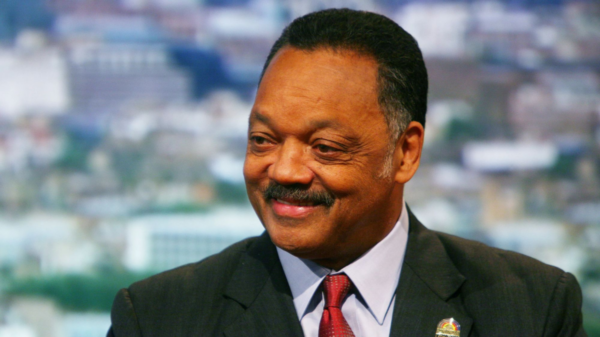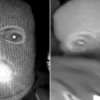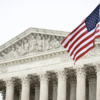Former White House Chief of Staff Mark Meadows is attempting to move the Fulton County, case against him to federal court in an effort to get the case dismissed under federal law, according to new court filings.
The news comes less than 24 hours after Fulton County District Attorney Fani Willis announced she was indicting Meadows along with former President Donald Trump and 17 others on charges of attempting to overturn the state results in the 2020 presidential election.
Trump is also expected to attempt a similar move, according to sources familiar with the matter.
“Nothing Mr. Meadows is alleged in the indictment to have done is criminal per se: arranging Oval Office meetings, contacting state officials on the President’s behalf, visiting a state government building, and setting up a phone call for the President,” Terwilliger wrote in the filing. “One would expect a Chief of Staff to the President of the United States to do these sorts of things.”
Meadows’ legal team requested “prompt removal”, citing a federal law that allows U.S. officers to remove civil actions or criminal prosecutions in state court for alleged actions taken while serving in an official role.
ABC News first reported Meadows’ filing.
Moving the case to federal court means that cameras will not be allowed in the courtroom, which is something the Trump team is trying to avoid.
Trump, Meadows, and 17 other defendants were indicted on Monday night on felony charges in connection with efforts to overturn the 2020 presidential election results in Georgia.
Meadows faces two counts, which include violation of the Georgia Racketeer Influenced and Corrupt Organizations Act and solicitation of violation of oath by a public officer.
According to the indictment, Meadows, Trump, and other unindicted co-conspirators “unlawfully solicited, requested, and importuned” Georgia Secretary of State Brad Raffensperger in January 2021.
The massive 98-page indictment details an alleged scheme to overturn election results, including pressuring state officials to change the results, accessing voting machines, and harassing election workers.


